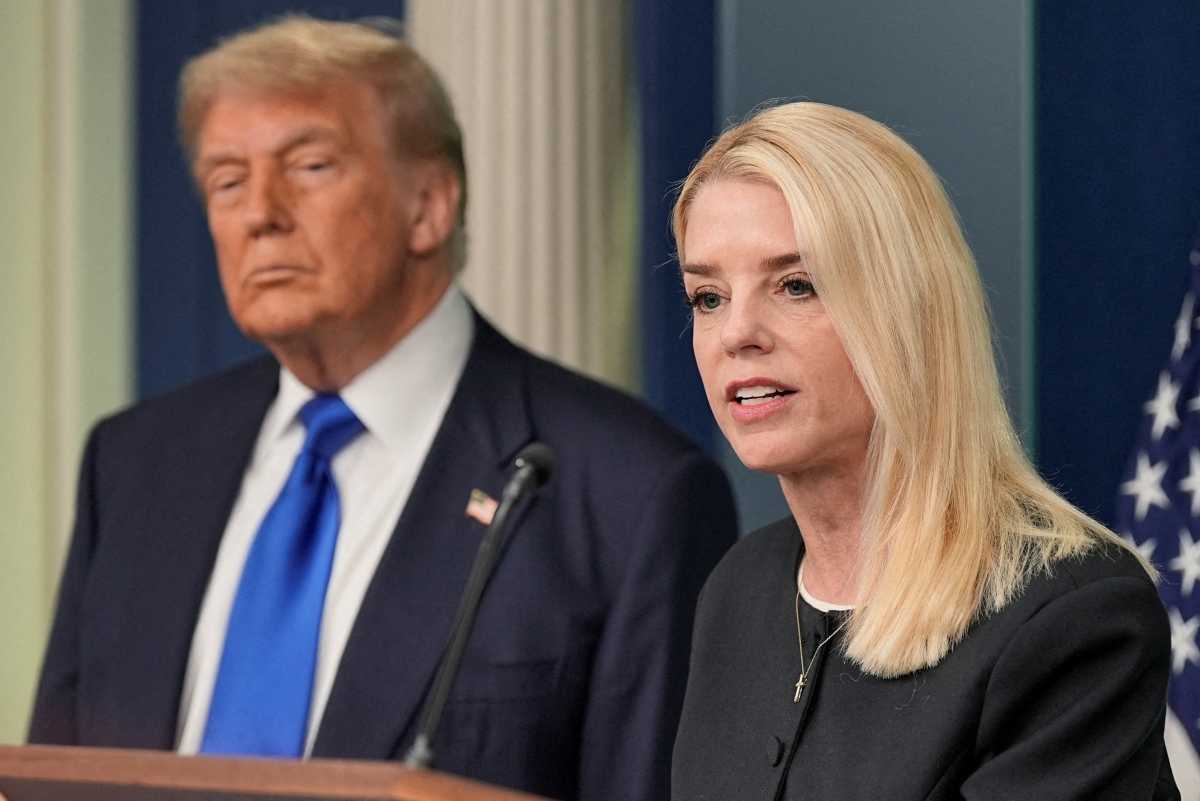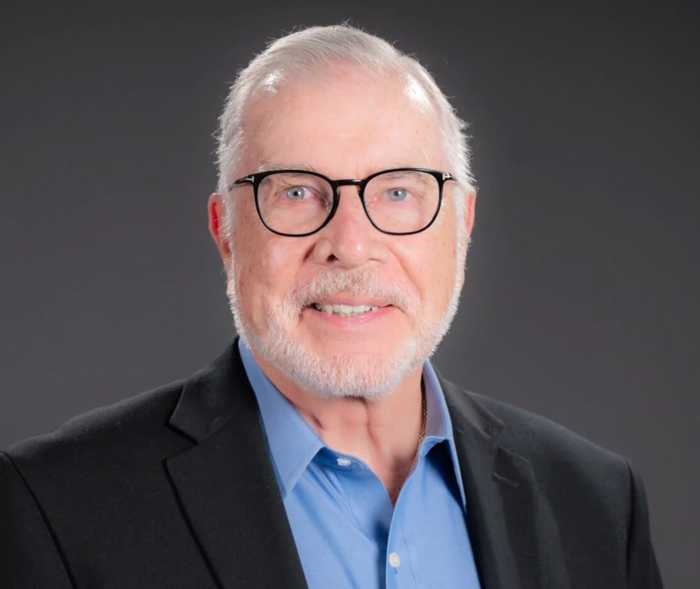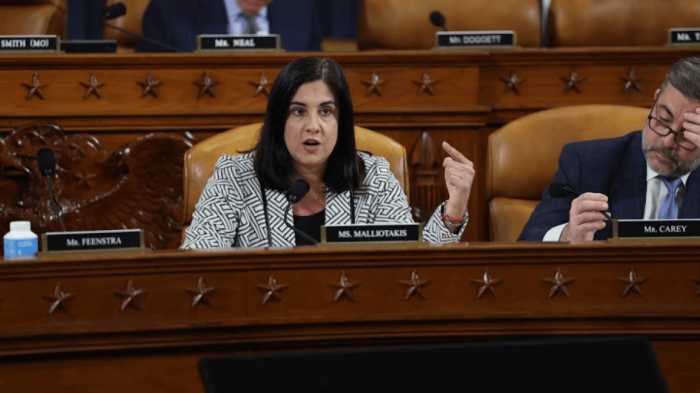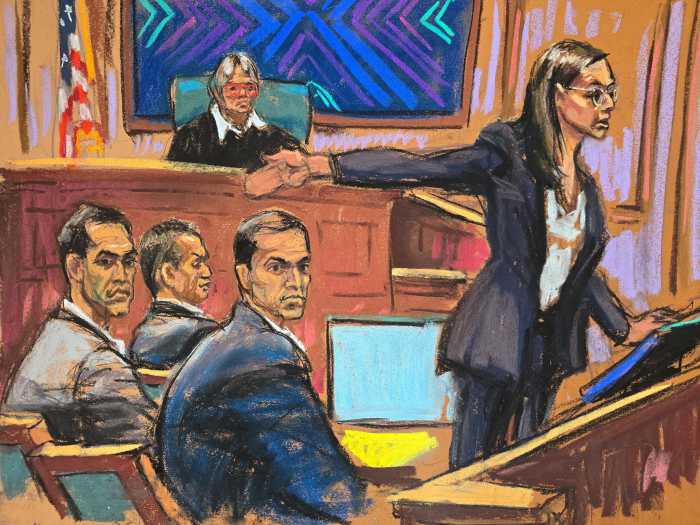President Donald Trump has made capital punishment one of the centerpieces of his criminal justice agenda. In an inflammatory executive order issued on Jan. 20, the day he took office, Trump claimed “that only capital punishment can bring justice,” condemned President Joe Biden’s moratorium on federal executions, and denounced “politicians and judges for defying and subverting the laws of our country.”
Trump’s obsession with the death penalty goes back many years. In 1989, as New York City was reeling from the Central Park Five case in which a female jogger was raped and beaten, five Black teenagers were charged. Trump took out full page ads in several newspapers demanding the reimposition of New York’s death penalty and use it to execute the rapists. But the young men were innocent. They were exonerated two decades later based on DNA evidence. In fact, one of the men, Yusef Salaam, was elected to New York’s City Council. Despite the exonerations, Trump refused to apologize and continues to believe that the men were guilty.
During the final months of Trump’s first term in office, between July 2020 and January 2021, he oversaw a flurry of 13 federal executions, the last of which occurred just five days before he left office. This series of executions made Trump the most prolific “execution president” in over a century and broke with a 130-year-old precedent of pausing federal executions during a presidential transition.
Watching Trump’s prosecutors kowtow to his demand for capital punishment is repulsive. U.S. Attorney General Pam Bondi has ordered federal prosecutors in April to seek the death penalty for Luigi Mangione for the murder of UnitedHealthcare CEO Brian Thompson. The death eligible murder charge is based on a murder that is committed with the use of a firearm, which is the case with many murders. Mangione also faces separate state charges in New York, which does not have the death penalty. Mangione’s defense team has argued that the simultaneous state and federal cases violate double jeopardy protections, but a New York judge rejected that argument as the cases involve different legal theories.
The fate of persons charged with murder in Washington, D.C. is in the hands of Jeanine Pirro, who has called herself the “avenger” of victims. While the death penalty is banned under D.C. local law, federal attorneys can still seek it if charges are filed in a federal court. Pirro, according to reports, is planning to invoke the death penalty in two cases. One case involves Elias Rodriguez, who has been charged with first-degree murder and hate crimes for shooting two Israeli embassy employees, Yaron Lischinsky and Sarah Milgrim, outside D.C.’s Capital Jewish Museum in May. The other death penalty is against Cedae Hardy, who in 2023, during a car-jacking spree, killed a Lyft driver and another person whom he shot and left dying in a parking lot. Hardy had just turned 18 when he committed the murders. The Biden administration decided not to seek capital punishment in Hardy’s case.
There are legitimate reasons for being concerned about Pirro’s use of the death penalty. For example, on March 21, 1996, Westchester County authorities were locked in a standoff with a man in Eastchester who had just shot two police officers, one fatally. Television crews arrived at the scene. Pirro, the Westchester District Attorney at the time, appeared on the scene. The man had barricaded himself in his grandmother’s house, which contained a working TV. Pirro held a press conference. She stated that if the shooter was apprehended, “this appears to be a capital crime — death penalty eligible.” She stated that “We will clearly consider the death penalty if the shooter is apprehended.” The gunman killed himself. One may wonder whether Pirro appreciated the recklessness of her statements which may have driven the gunman to choose suicide over capture.
Then there was the one capital case Pirro prosecuted. She devotes a lengthy chapter in her book, “To Punish and Protect: A DA’s Fight Against a System That Coddles Criminals,” to discuss the case as well as the death penalty in general. Pirro held a big press conference to announce that her office would seek the death penalty against Dennis Alvarez-Hernandez, who had been indicted for stabbing to death his girlfriend and her two children. Before deciding to seek the death penalty, Pirro claims she “had to make sure there wasn’t a history of mental illness or other extenuating circumstances lurking in Alvarez-Hernandez’s past.” Such investigation is necessary because a jury, in imposing capital punishment, is required to weigh the aggravating circumstances against the mitigating circumstances.
Pirro claims to have thoroughly investigated the defendant’s background in Honduras and concluded that the Alvarez-Hernandez “had been a regular kid” and “had been raised in a relatively functional family.”
But Pirro’s determination that the defendant was a “regular kid” who “had been raised in a relatively functional family” was terribly wrong. Indeed, Pirro’s so-called “investigation” appeared to be a sham, and was quickly rejected by the jury, which although finding the defendant guilty of murder, refused to impose capital punishment. The jury found the following mitigating factors, which Pirro’s exhaustive “investigation” either did not discover or chose not to reveal.
Dennis witnessed his father beating his mother. When Dennis tried to protect his mother from his father, his father yelled he would kill him, causing his mother to take him to stay with his grandmother
Dennis’s father beat him often and badly, leaving marks.
When Dennis was 9 years old, his father emigrated to the United States. At 11 years old, Dennis’ mother emigrated to the United States, leaving him without a father or mother.
After his parents left, Dennis’s childhood was chaotic and without continuity of any adult supervision.
Pirro, rather than accepting the jury’s result graciously, and thanking the jury for its service, criticized the outcome, which is typical for Pirro. She called the result “obscene,” claimed the jury did not deliberate long enough, and did not act in good faith. She also claimed the jury wanted to terminate their deliberations quickly “because it was the Friday before the Memorial Day weekend.”
Trump’s demand for more executions is not surprising. He is filled with hate, and ranting about capital punishment makes him feel tough. And given the way Trump’s prosecutors grovel before him, and the sensationalizing nature of capital punishment, there can be no confidence that the federal death penalty will be administered fairly and dispassionately. We can only hope courageous lawyers and judges stand in the way.
Bennett L. Gershman is a distinguished professor at the Elisabeth Haub School of Law at Pace University.







































